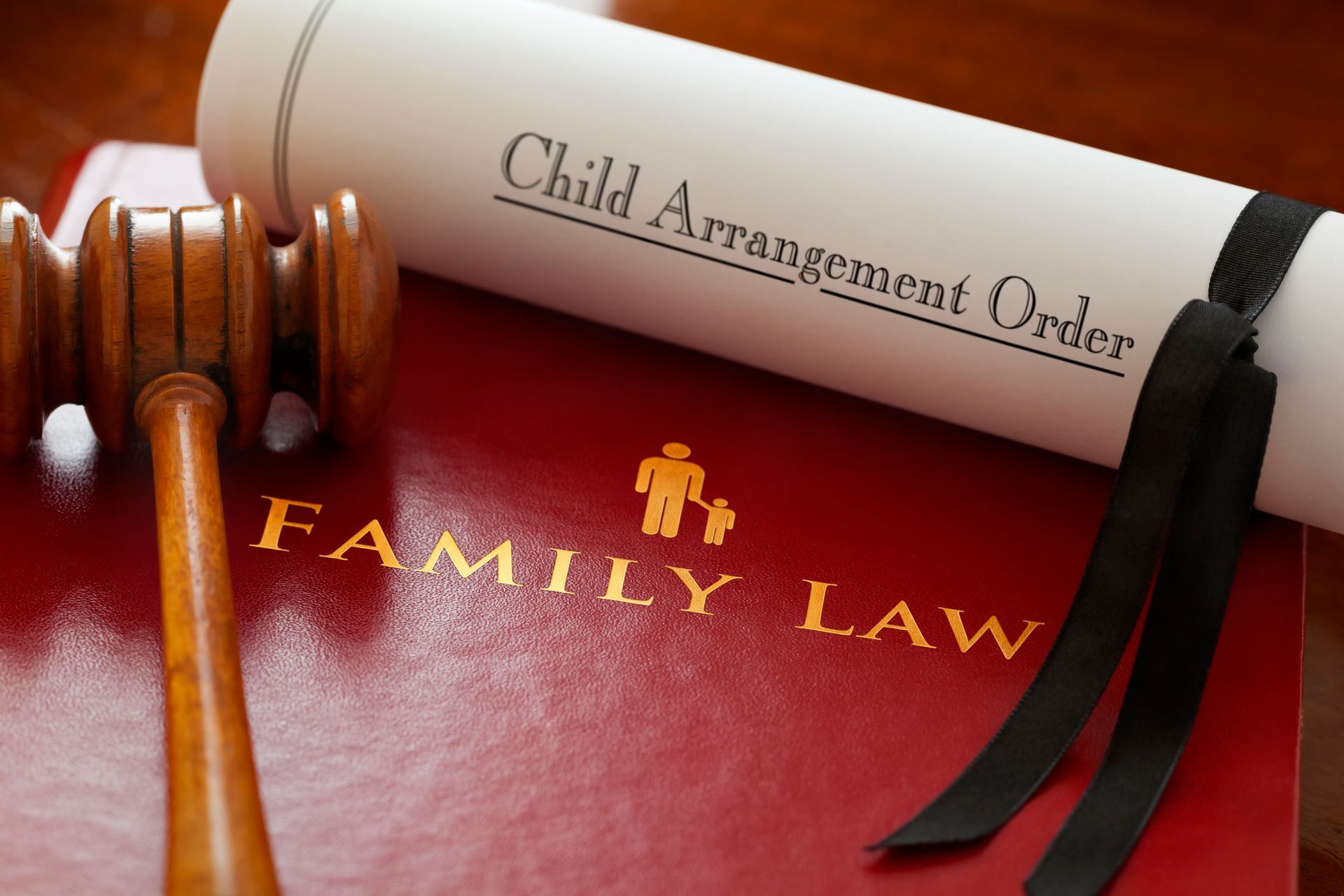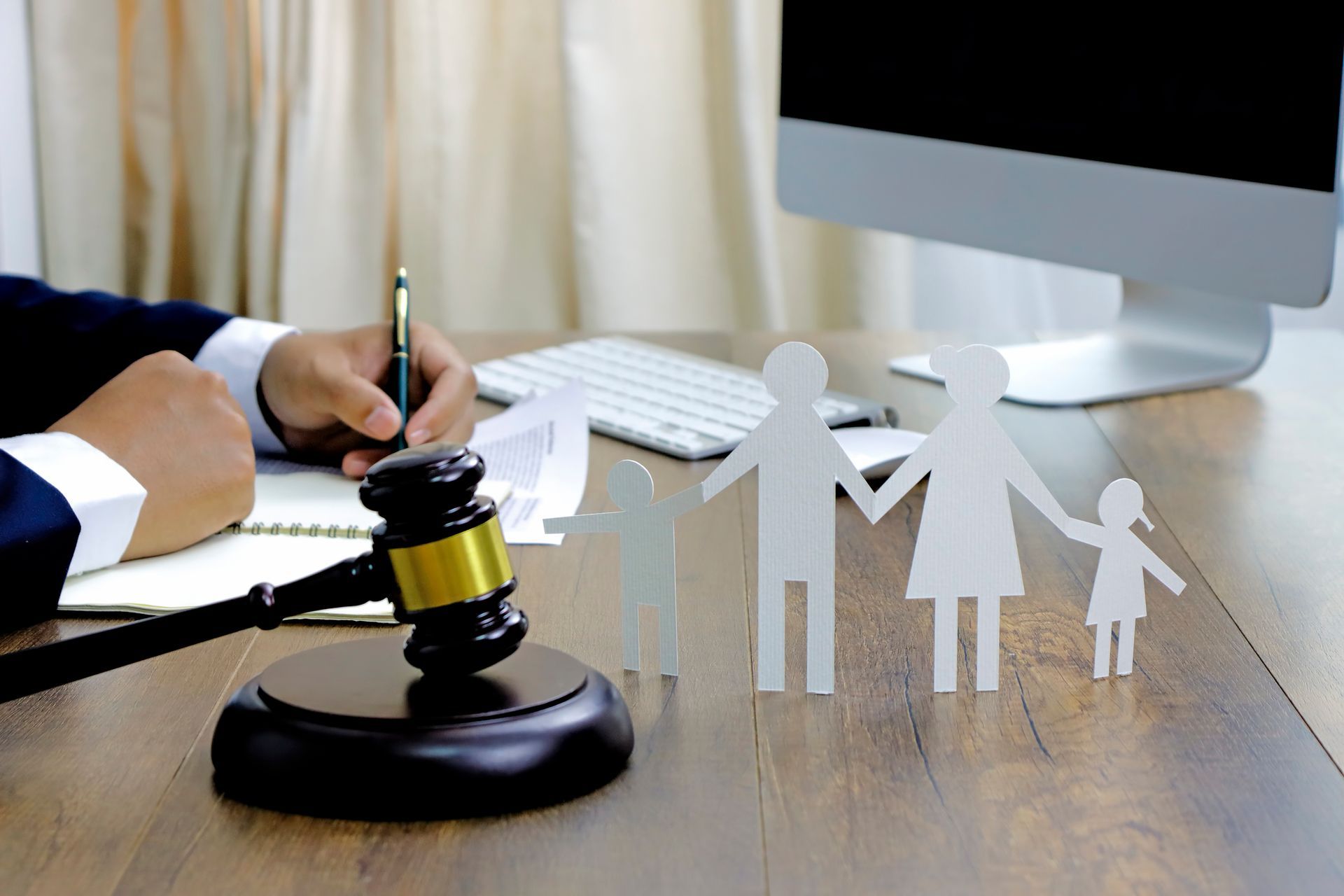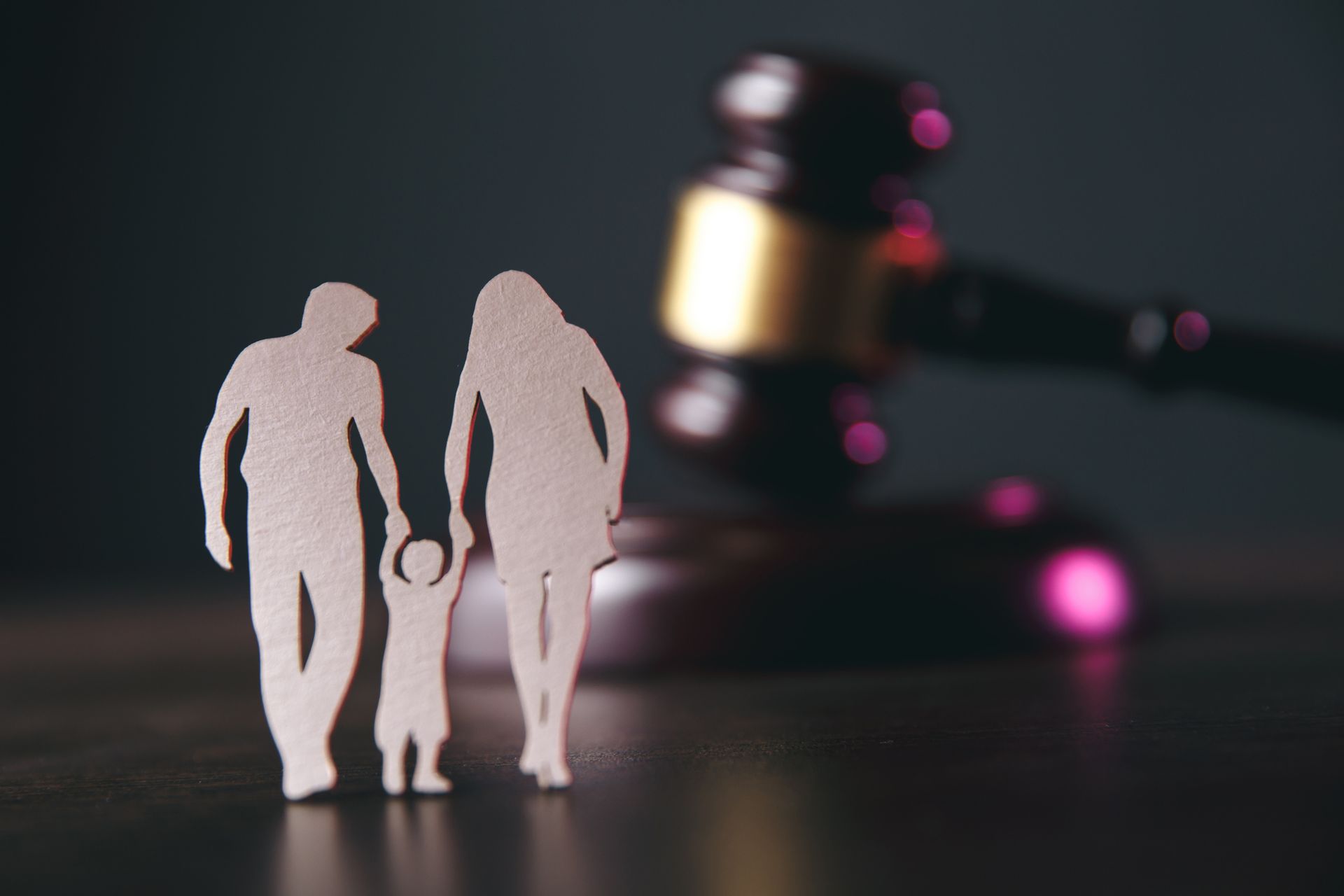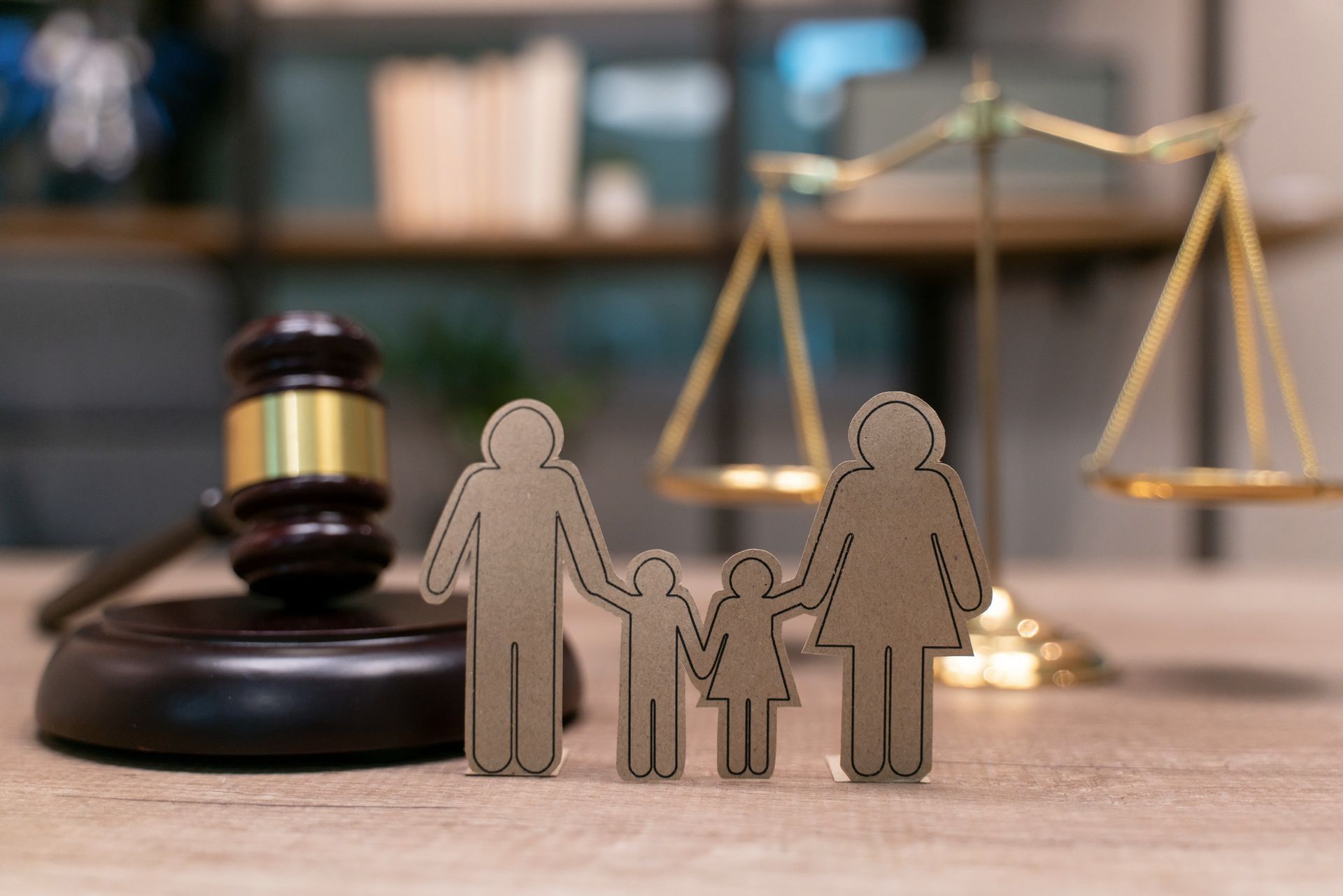What Are the Consequences of Juvenile Drug Charges?

The criminal justice system can sanction juveniles that face drug charges. These penalties may include probation, jail or prison time, and even a criminal history. Drug charges can have a terrible effect on teenagers and their futures. Read on to learn about the consequences of drug charges for juveniles.
Drug Charges Affect Juveniles' Future Medical
A criminal record may have an influence on some medical treatments for young people charged with prescription drug charges. Thus, health centers can deny certain prescription drugs to juveniles charged with such charges. This may affect one's chances of recovery because some procedures need a patient to take prescription drugs to heal properly.
Drug Charges Can Lead To Denied College Applications
Nothing derails a teenager’s college hopes more than juvenile drug charges. A large percentage of college applications in the United States ask applicants to state if they have a criminal background. This may include drug use and other drug-related charges.
Sadly, institutions can discriminate against a student based on this one question. Thus, a drug charge might make it harder for students to get admitted into their first-choice institutions.
Drug Charges May Lead to the Denial of Financial Aid for College
Drug charges could result in a person's lifelong ineligibility for federal college education funding. This includes grants, tuition waivers, and scholarships. College would be unaffordable for many learners if federal financial help were unavailable. Federal scholarships and student financing are not available to those with drug charges.
Drug Charges Can Lead To Collateral Sanctions
A drug conviction can harm a juvenile's chances for the future, whether they must pay a fine or spend time in jail. People with criminal convictions in Ohio for example face about 900 "collateral sanctions" under state statutes. These sanctions limit their home ownership, family engagement, and many other privileges and rights.
Drug Charges Can Haunt a Juvenile for Years
Although exceptional conditions may permit expunging criminal records, it may take years for that to happen. Also, if there are any subsequent criminal convictions, a person lessens the likelihood of expunging their previous offense. A young person could live their entire life with the stigma of drug use.
Drug Charges Can Make It Hard for Juveniles to Find and Keep Jobs
Employers are not permitted to discriminate against applicants for jobs with criminal records, but this does not imply that it never happens. One of the repercussions of adolescent drug charges is that employers may discriminate against a convicted teen. Don't forget that certain positions demand permission for random and mandatory drug testing. This might result in termination if the person tests positive.
Drug Charges Can Have Social Ramifications
A drug charge is almost guaranteed to have an influence on a young person's social life, even if it does not affect their housing arrangements, access to healthcare, or employment chances. Drug charges have a stigma that can affect how family and friends view a person. As a result, a juvenile must avoid drugs at all costs, as this is better for their life and future chances.
Whether a juvenile faces drug charges for drug use or possession, these charges can result in a conviction. Drug convictions can have disastrous ramifications on juveniles and their future prospects. Thus, a parent with a juvenile charged with drug use and possession should hire a qualified lawyer to fight for the child's future.
If you have a child charged with a drug crime, please make a call to our qualified staff to get help from Hart Law Offices, P.C. immediately. Also, you can reach out to us if you have concerns or queries about Idaho drugs legislation. We promise to do everything we can to free your child from drug charges and ensure that their criminal record is clean.


















